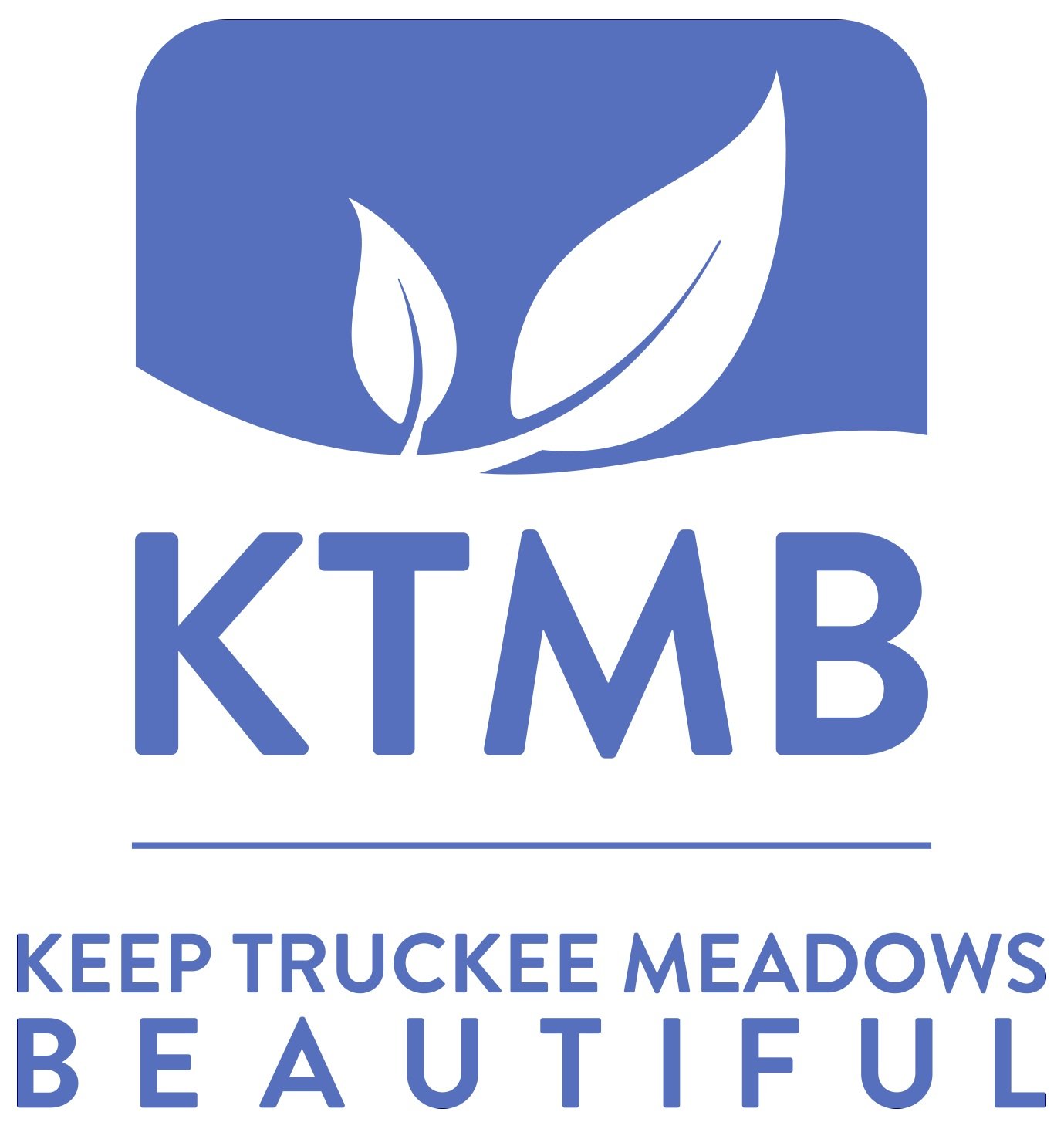“Food” for Thought
This article was originally published in Edible Reno-Tahoe by Brittany Shelton-Dooley / KTMB Community Educator - AmeriCorps
Many are aware of the waste problem in the Truckee Meadows, but what exactly are we throwing away? In 2018, Washoe County conducted a waste characterization study to answer just that. The study revealed that the largest category of waste was food waste at a whopping 22.6 percent of the total waste stream being sent to the landfill. This was followed closely by yard waste and dry recoverable fibers (paper), most of which could have been diverted from the landfill by being composted! The United States sends approximately 40 million tons of food waste to landfills each year; that’s the mass of about 45 Golden Gate Bridges.
Ways to reduce food waste
Plan ahead & buy less
Planning meals and making a list before going to the store will help reduce buying on impulse and save money. Check your fridge and cabinets to see what you may already have.
Use food before it goes bad
If you don’t eat everything you prepare, freeze it for later or have a “leftover day” each week, this will give you a break from cooking! You can also use leftovers as an ingredient in another meal, this helps reduce waste from individual meals.
Understand food labeling
With the numerous labels on food packaging, it is easy to get confused about the actual expiration date. Check out the USDA’s “Understanding Food Labels” link below.
Donate food
Donating unwanted food to a food bank is a great way to save food while helping to feed your community. You can also share excess food with friends and family.
Compost
If you do have food scraps, keep them out of the landfill by composting.
What is Composting?
Composting is a natural process in which biodegradable items like food, yard clippings, paper, and cardboard are broken down into rich humus. Anything that grows decomposes eventually; composting speeds up the process by providing an ideal environment for bacteria, fungi, and other decomposing organisms to do their work.
What are the benefits of composting?
Not only does composting reduce your contributions to the landfill, but it also reduces methane emissions; landfills produce high amounts of methane. Adding compost to your soil adds key nutrients that will be used by your plants and help retain soil moisture. It also reduces the need for chemical fertilizers.
Composting Basics
Composting can be done indoors or outdoors. The method you choose will be dependent on several factors: where you live, how much space you have, how much organic waste you produce, and how much time you want to spend on the process.
One common method of indoor composting is vermicomposting, or worm composting. All you need is a bin with holes for ventilation and drainage, worms, and organic material. Tumbler composting is a common outdoor method ideal for if you produce a bit more organic material. To learn more about composting options visit the link below for NDEP (Nevada Division of Environmental Protection).
If getting your hands dirty doesn't sound like your definition of fun, there are local businesses that will do the dirty work for you. You can learn more about composting, food waste reduction, and local resources like Down to Earth Composting and Full Circle.
It is our responsibility to divert as much waste as possible from the landfill. Shopping smarter, reducing food waste, and composting are just a few ways to play your part in creating a more sustainable Truckee Meadows. For other ways to have a positive environmental impact click around the KTMB website for all sorts of useful tips.
Click the Learn more button to find more resources on Composting.


